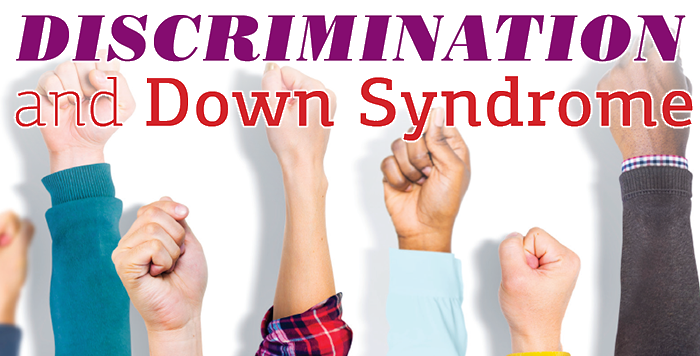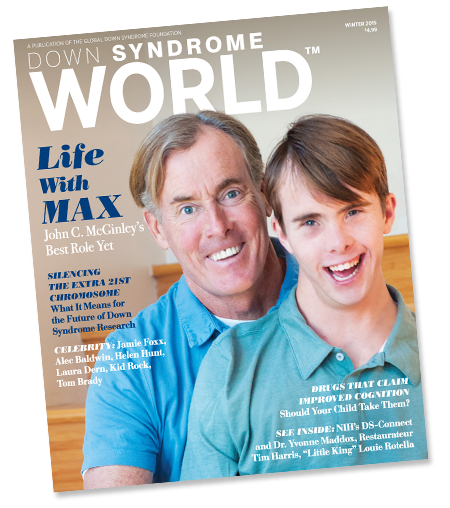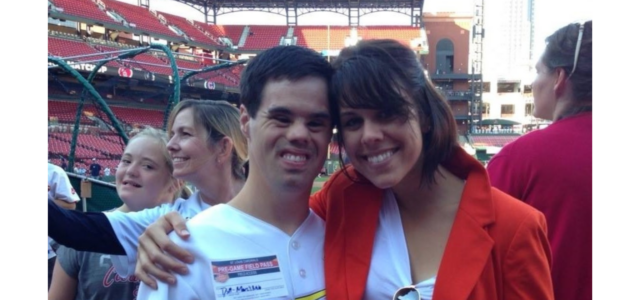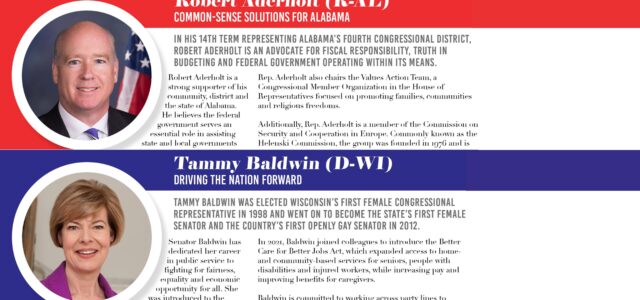
Discrimination and Down syndrome

Instances of discrimination in England, Australia, and Thailand have sparked international outrage among citizens who have Down syndrome, their families, and society at large. They also force us to acknowledge the need for education.
 This article was published in the award-winning Down Syndrome World™ magazine. Become a member to read all the articles and get future issues delivered to your door!
This article was published in the award-winning Down Syndrome World™ magazine. Become a member to read all the articles and get future issues delivered to your door! IT’S IMPOSSIBLE TO know what kind of response @InYourFaceNYer expected when she tweeted former Oxford professor, evolutionary biologist and famed atheist writer Richard Dawkins an ethical dilemma: What should she do if she were pregnant with a child with Down syndrome? But even those familiar with Dawkins’ beliefs were shocked at his response: “Abort it and try again. It would be immoral to bring it into the world if you have the choice.”
Dawkins’ comments came on the heels of another headline grabber covered by CNN, Fox News, the BBC and other major media outlets — in August 2014 an Australian couple, who hired a Thai surrogate mother to carry their biological child (which became twins) via in vitro fertilization, left one of the twin infants, Gammy, with the surrogate after learning the child had Down syndrome.
Both incidents illustrate that acceptance and equality for those with Down syndrome and other disabilities is still very much at stake.
“Discrimination against people with Down syndrome, even in developed nations, is profound,” said Michelle Sie Whitten, Executive Director of Global Down Syndrome Foundation. “The reality is that the condition is almost completely different from what it was just 20 years ago. For example, the lifespan of a person with Down syndrome in the 1980s was 28 years old, and today it is nearly 60.”
SIGNIFICANT IMPROVEMENT BUT A LONG WAY TO GO
In the United States, recently retired Iowa Sen. Tom Harkin authored and sponsored the Americans with Disabilities Act. The ADA is a wide-ranging civil rights law prohibiting discrimination based on disability. Essentially, it expanded on the great work of activists who passed the Civil Rights Act of 1964, which made it illegal to discriminate based on race, religion, sex, and national origin.
Despite passage of the ADA, people with intellectual disabilities face an uphill battle. In 2012, the People with Disabilities Foundation won a lawsuit against the Social Security Administration for terminating benefits for people with intellectual disabilities without communicating the complexities of agency requirements in a manner that people with intellectual disabilities could understand.
There are also discrimination and prejudices that can be seen from various surveys. In an essay published in the book Prenatal Testing and Disability Rights, ethicist and sociologist Dorothy Wertz, Ph.D., cites surveys she’s conducted in which 13 percent of genetics professionals say they actively emphasize negative aspects of having a child with Down syndrome and 10 percent actively encourage termination. In another 2006 study by the American Congress of Obstetricians and Gynecologists, over 40 percent of professionals rated their training in delivery of prenatal diagnoses as “barely adequate” or “nonexistent.”
“People with Down syndrome have been subject to exclusion from society and from discrimination across the board — in educational settings, employment, and in their communities,” said David Tolleson, Executive Director of the National Down Syndrome Congress. “Much of it is due to a lack of understanding and education and exposure to people with Down syndrome.”
MAINSTREAM U.S. SHOWS TRENDING SUPPORT
It appears educating professionals and the government should be a top priority for advocacy groups. Mainstream Americans, however, overwhelmingly embrace the idea that people who are “disabled” or differently-abled are different but equal.
According to a nationwide poll, more than 75 percent of Americans believe people with Down syndrome have the right to vote, buy a home, and get married. Ninety-six percent believe children with Down syndrome should have a right to attend their local public schools and 75 percent believe it not only benefits the child with Down syndrome but also the typical child in the classroom. An impressive 97 percent of Americans agree that people with Down syndrome should have the chance to hold a job and deserve fundamental human and civil rights.
There is no lack of illustrious counterweights to both the Dawkins incident and the baby Gammy incident. Marilyn Coors, Ph.D., Professor of Bioethics and Genetics at the University of Colorado Denver, weighed in: “I would like to ask Professor Dawkins if he has ever spent time with a child or adult with Down syndrome. Has he experienced their continual joy and happiness to be alive? Does he understand the beauty they bring to the world? His comment reveals his lack of knowledge of the lived experiences of those with Down syndrome and their families.”
A survey published in the American Journal of Medical Genetics shows that around 99 percent of people with Down syndrome indicate they are happy with their lives and love their families. The vast majority of surveyed parents of children with Down syndrome report having a more positive outlook on life because of their child, and nearly 90 percent of siblings feel they are better people because of their sibling with Down syndrome.
HOPE FOR THE FUTURE
In Gammy’s case, the good clearly outweighs the bad, as the surrogate mother agreed to raise the child herself. A fundraising campaign to help support the surrogate mom and pay for Gammy’s medical expenses drew upwards of 6,000 donations from around the world. More than $240,000 was raised for the child in four months.
Down syndrome advocacy groups were able to use the opportunity to educate a much wider audience through national press and get basic facts into the hands of many people outside the Down syndrome community.
Like this article? Join Global Down Syndrome Foundation’s Membership program today to receive 4 issues of the quarterly award-winning publication, plus access to 4 seasonal educational Webinar Series, and eligibility to apply for Global’s Employment and Educational Grants.
Register today at downsyndromeworld.org!




 Experience our inspirational and groundbreaking videos and photos. Our children and self-advocates are beautiful AND brilliant!
Experience our inspirational and groundbreaking videos and photos. Our children and self-advocates are beautiful AND brilliant! Make sure your local Representatives are on the Congressional Down Syndrome Task Force.
Make sure your local Representatives are on the Congressional Down Syndrome Task Force.